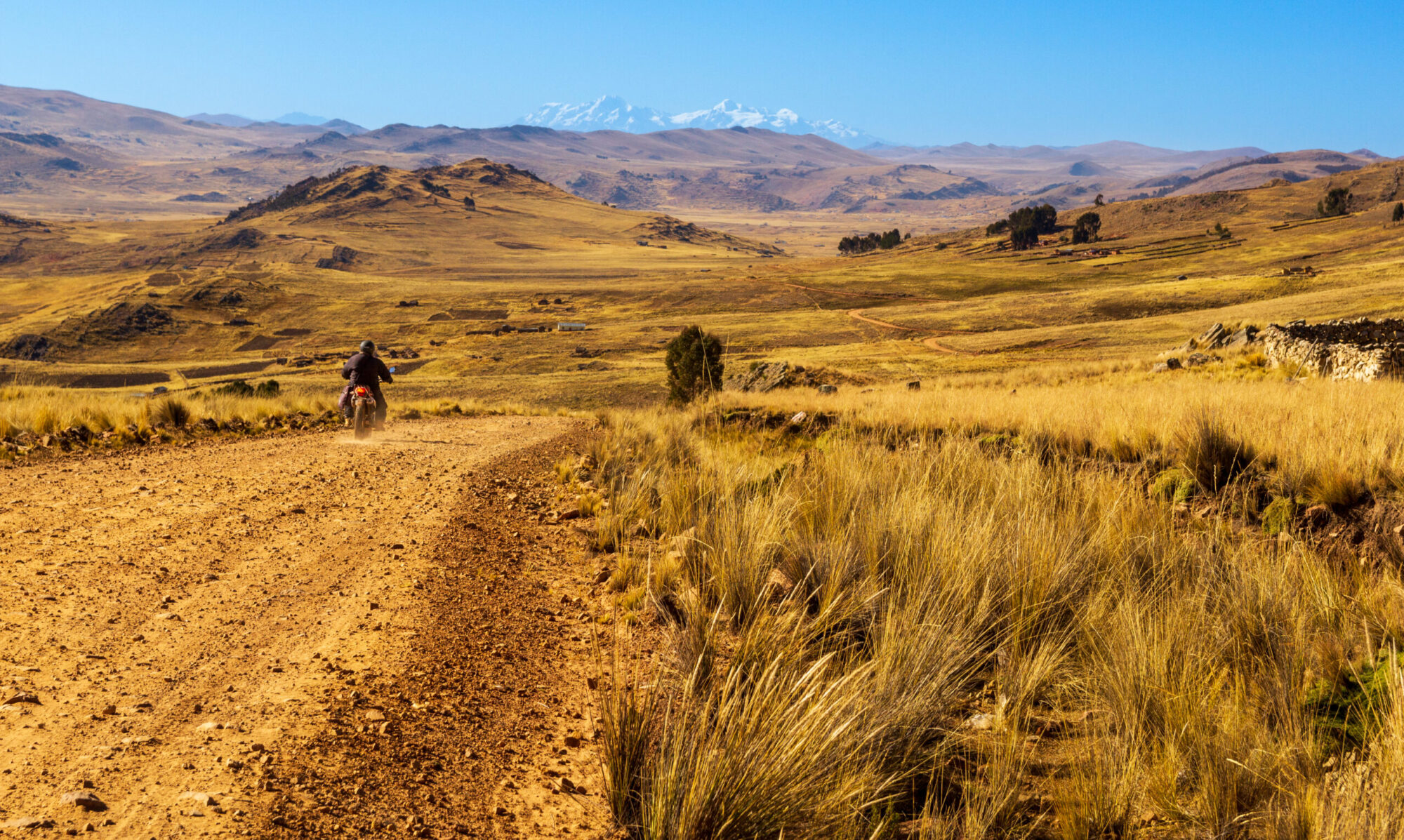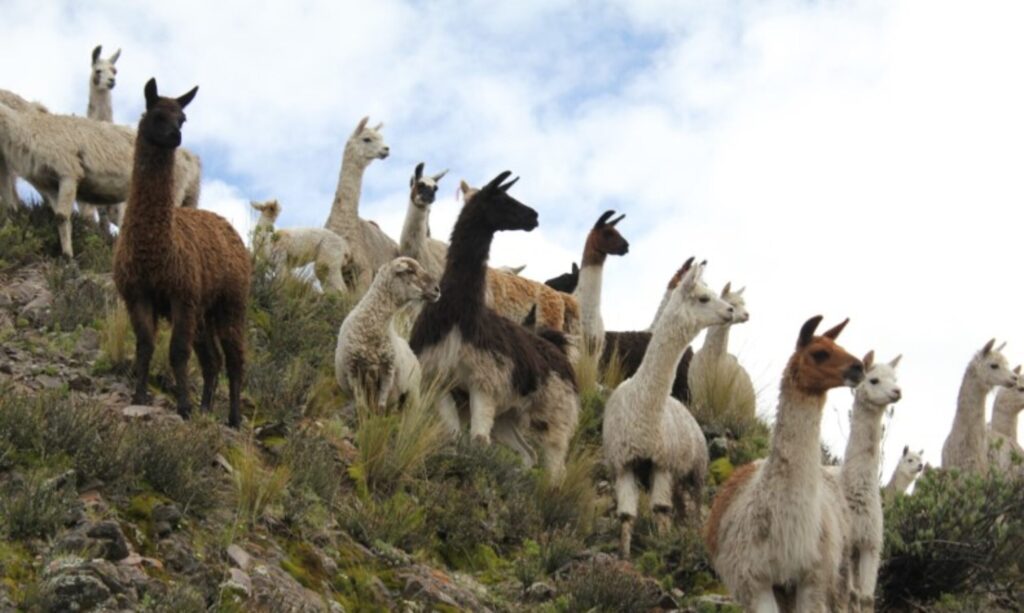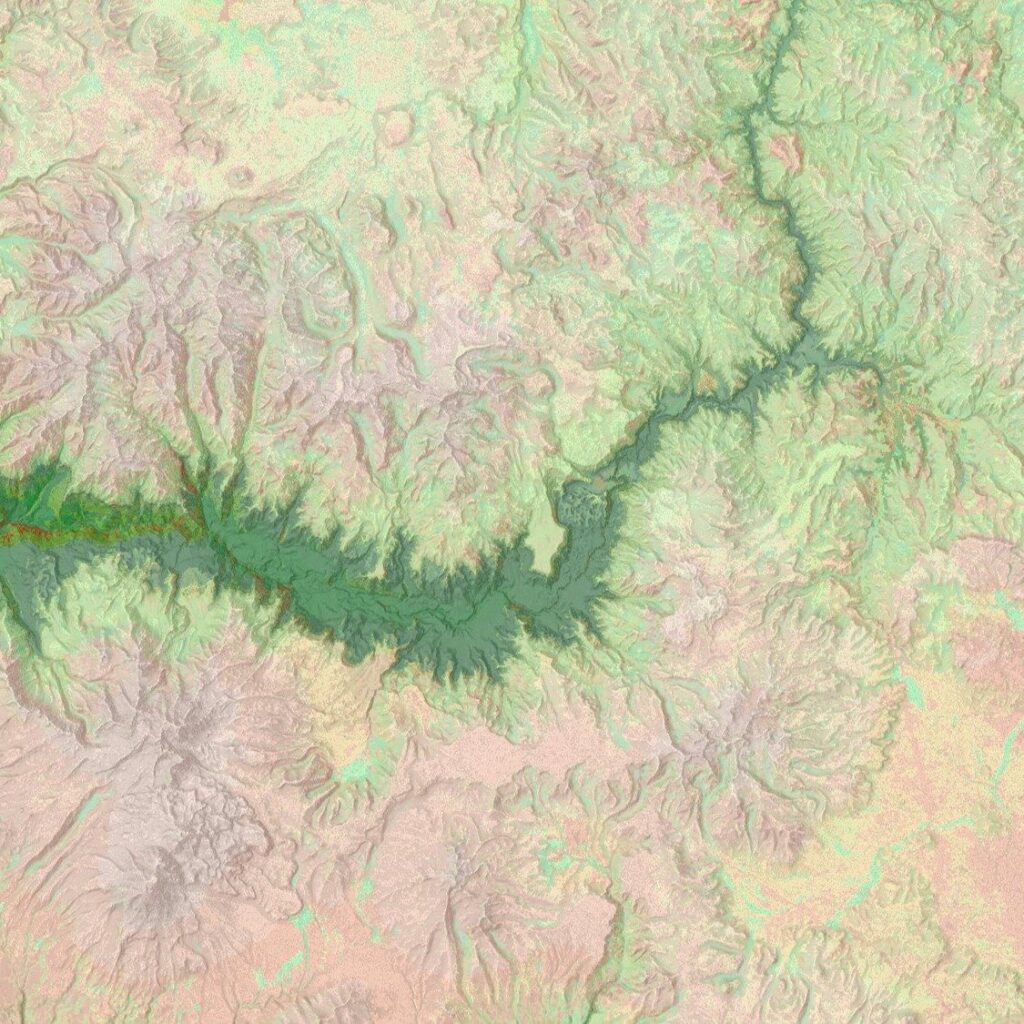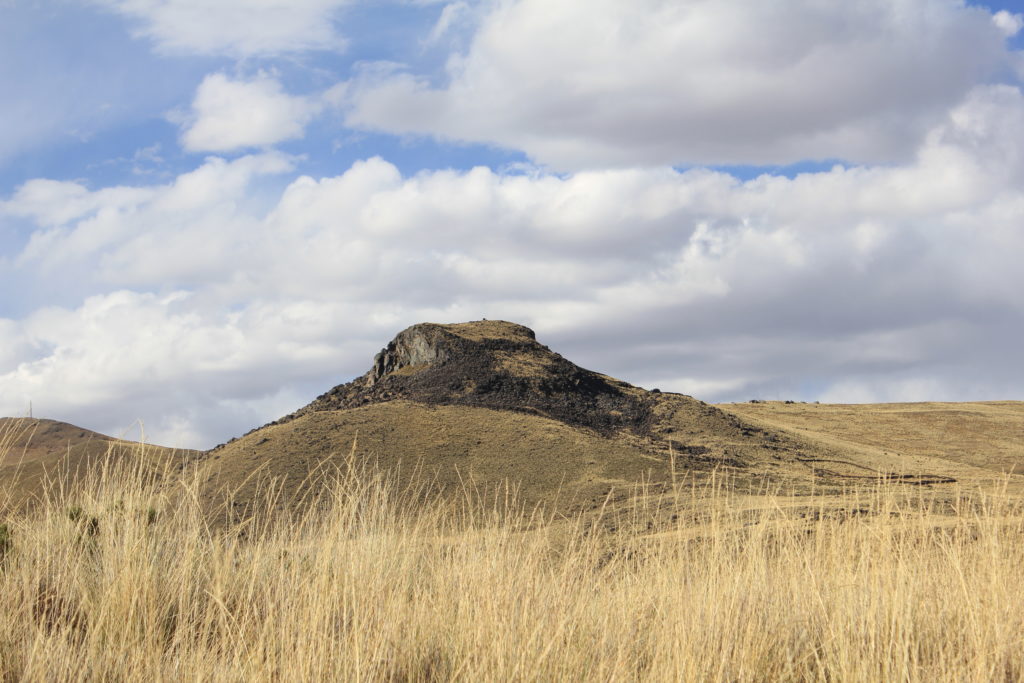As an archaeologist and anthropologist, I am interested in the complex interactions between humans and their environment across deep time scales. My research investigates how periods characterized by social and ecological crisis–like warfare, climate change, and colonialism–can transform society.

Periods of precarity can increase inequality, competition, and fragmentation, but they can also transform society to be more equitable, cooperative, and unified. This is as true in the past as it is in the present. In this way, I believe the past can provide insights for developing equitable solutions to current environmental issues.
I leverage geospatial methodologies—including GIS and spatial analysis, remote sensing, and born-digital data collection (UAV mapping, in-field GIS, photogrammetry)—alongside traditional archaeological field techniques to examine how both experiences of and responses to precarity are conditioned by relationships between humans and their environment.
While most of my research focuses on a 350-year period of warfare, climate instability, and political transformation in the South American highland Andes known as the Late Intermediate Period (1100 – 1450 CE), I explore these themes in a variety of times and places.



